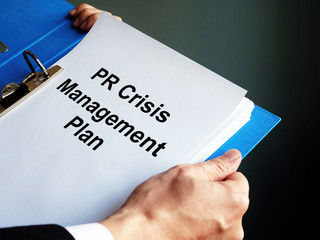Corruption is no issue in our company – Really?
Corruption generally describes a decline in morals that is based on the fact that an expectation is violated. This expectation is defined by a trust provider (a company, the public, etc.), which establishes a behavioral expectation. Corruption describes the visible breach of trust when these behavioral expectations are not met. In the company, these expectations are also called compliance. Corruption always attacks the social fabric, which is built on trust. In addition, corruption can begin as early as the time of signing the employment contract, when the offered position is to be used to fulfill one's own interests or the interests of third parties. Thus, a pretense of facts takes place here. The pretense of loyalty is also used to deceive the company and to abuse trust. Motives for corruption arise from the imbalance of one of the following needs: - Meaning - recognition - success - attention [...]





